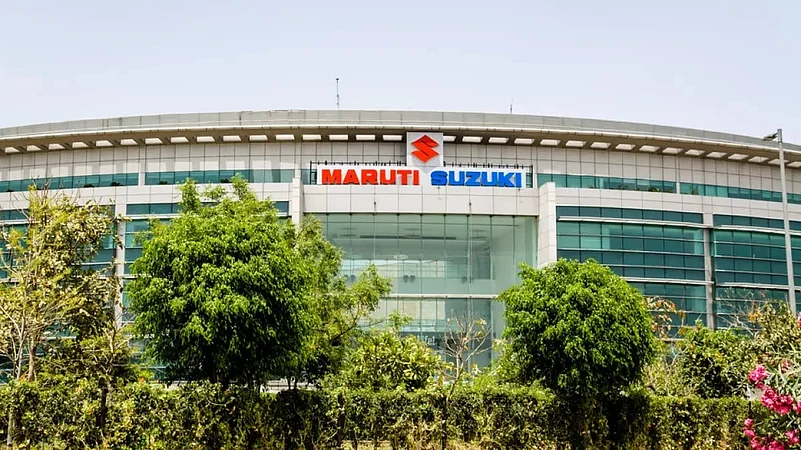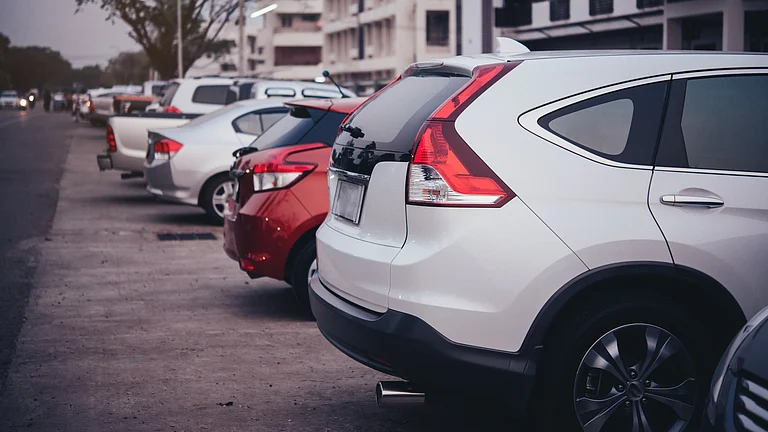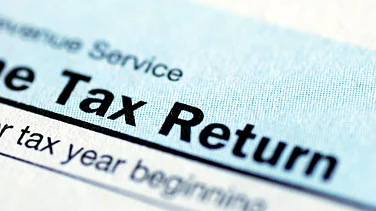Maruti Suzuki does not anticipate any change in the launch timeline of e Vitara -- the first EV by India’s largest carmaker -- due to China’s restrictions on export of rare earth magnets, the company said on Monday.
Rare earth magnets are used in making permanent magnet synchronous motors (PMSMs) that are crucial for the functioning of electric vehicles. In April this year, China had put restrictions on the export of rare earth magnets, including requirements of end-use declaration, certification from multiple ministries in India and the Chinese embassy, and export clearance from Chinese authorities.
“This is not the first time that we've seen a supply chain challenge. There have been (issues earlier as well, such as) the semiconductor issue and container prices issue. Every time a challenge comes, nobody can say with certainty how much or will be the impact,” said Rahul Bharti, senior executive director, corporate affairs, Maruti Suzuki, in a virtual press conference on Monday.
Dismissing any impact on the production and the launch of e Vitara, Bharti said, “If there is any material impact, we will certainly get to that.” He said the industry was in discussions with the government regarding the issue, without delving into the details.
However, last week, Bajaj Auto’s Executive Director Rakesh Sharma had said that the shortage of rare earth magnets could significantly impact the company’s production plans by July if supply bottlenecks were not addressed.
“As we speak, supplies and stocks are getting depleted. And if there is no relief and there are no shipments, then July production will get seriously impaired. I think such is the case with the entire auto industry,” Bajaj had said.
Experts say that the impact of China’s restrictions would depend on how swiftly alternative sourcing routes or policy interventions are explored by the companies and the government.
“For now, companies like Maruti may remain insulated from the immediate impact of China’s export restrictions, given their limited EV exposure. However, if procedural delays persist and key OEMs like Tata Motors or Mahindra face continued bottlenecks in sourcing rare earth magnets, the broader EV ecosystem could begin to feel supply-side pressure over the next few months. Much will depend on how swiftly alternative sourcing routes or policy interventions are explored,” said Nikhil Dhaka, vice-president at Primus Partners.
According to some media reports, the Indian automobile industry is planning to send a delegation to China to address the issue of delays in the export of the crucial magnets. The delegation will include representative for the Society of Indian Automobile Manufacturers (Siam) and the Automotive Component Manufacturers Association (ACMA).
China has a strong hold on the mining and processing technologies for rare earth elements. According to some estimates, while the country processes 70-80% of the world’s rare earths, it has a monopoly on the production of rare earth magnets with 90% of the global market share.































